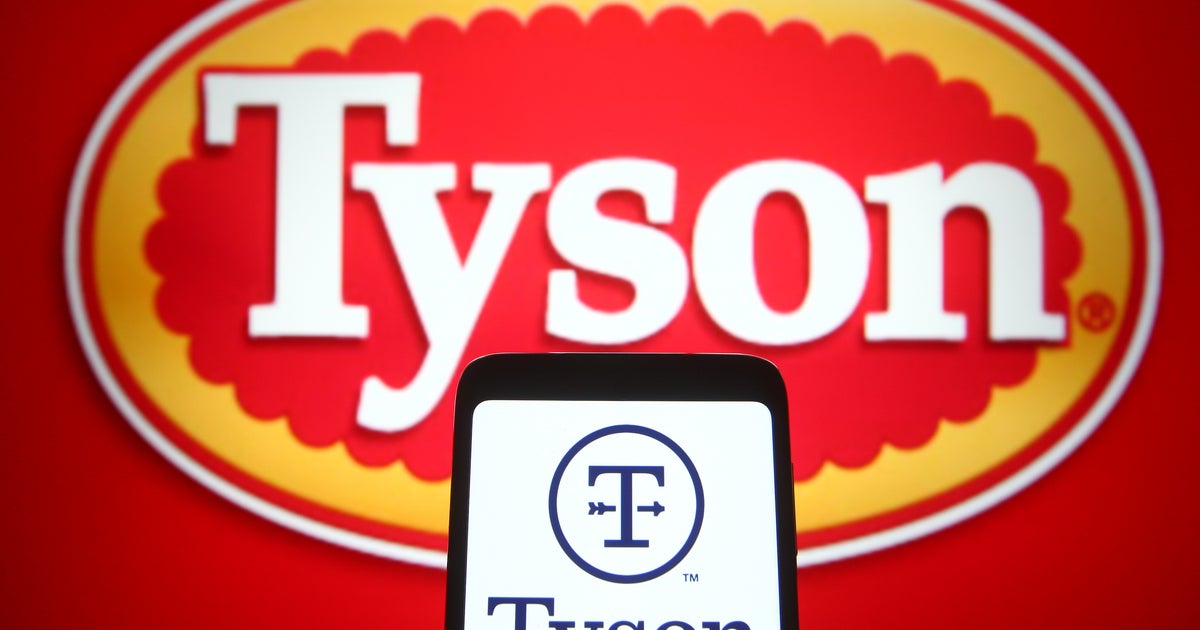Tyson Foods is misleading shoppers and investors by saying it would hit net-zero emissions by 2050 and marketing climate-friendly beef without having an actual strategy to do either, allege advocates suing the world’s second-biggest meat processor.
Tyson should have to curtail its climate claims or release a substantial plan to support its claims, according to a lawsuit filed on Wednesday by the Environmental Working Group. The complaint is part of an effort to “hold the biggest, most powerful contributors to the climate crisis — across industries — accountable for greenwashing,” EWG stated.
Tyson Foods has said since 2021 that it would hit net-zero emissions — the point at which the amount of greenhouse gases a company emits is offset by the emissions that are removed from the atmosphere — by 2050 by using more renewable energy and no longer contributing to deforestation.
The Arkansas-based meat company also sells a brand of “climate-friendly” beef that Tyson says is made with 10% fewer emissions than conventional meat.
A spokesperson said Tyson does not comment on litigation, but defended the company’s “long history of sustainable practices.”
The suit against Tyson was filed in Washington, D.C., which has a consumer protection law in place that lets consumer groups sue companies for false advertising.
The same claim of greenwashing — a term attributed to environmentalist Jay Westerveld that refers to making false or misleading statements about the environmental benefits of a product or service — was made in February in a suit filed by New York State Attorney General Letitia James against JBS, the world’s largest beef producer, over its claim it would reach net-zero emissions by 2040.
James’ suit against the Brazilian meat conglomerate came after Earthjustice successfully challenged JBS’ environmental messaging before an ad industry self-regulatory organization in 2023.
Livestock production accounts for 14.5% of all greenhouse gas emissions globally, with cattle responsible for two-thirds of the total, according to the United Nations Food and Agriculture Organization.
The Science-Based Targets Initiative, a UN-backed agency that reviews net-zero goals, is calling for the food and agricultural sector to reduce its emissions by 3% annually between 2020 and 2030.
Delta Air Lines last year dismissed as “without legal merit” a suit filed by a passenger that alleged the airline’s claim to be “the world’s first carbon-neutral airline” to be marketing spin. Coca-Cola is currently defending itself in a similar case in which the beverage maker is accused of overstating its recycling efforts.

